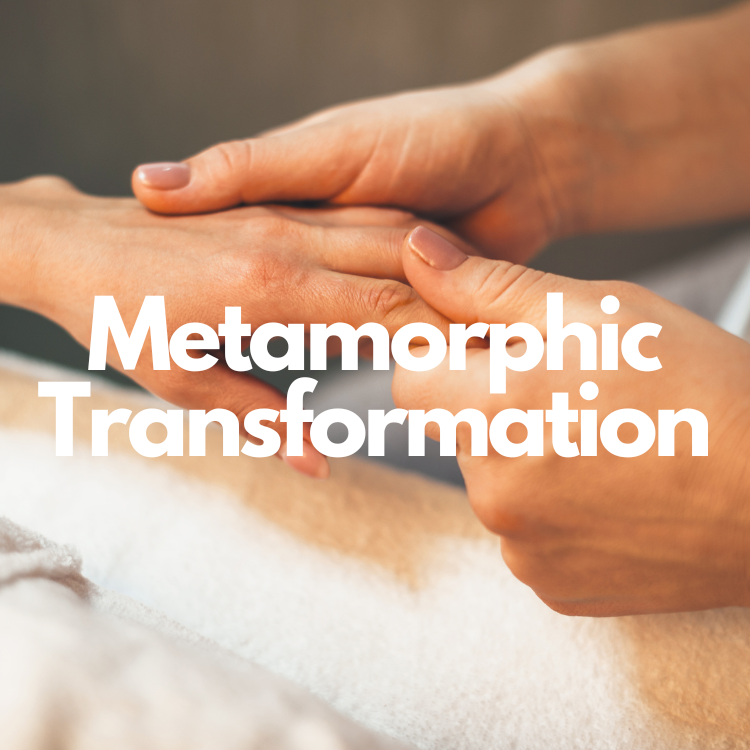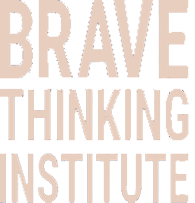 Kenneth Earl “Ken” Wilber II (born January 31, 1949) is an American writer on transpersonal psychology and his own Integral Theory, a four-quadrant grid that suggests the synthesis of all human knowledge and experience.
Kenneth Earl “Ken” Wilber II (born January 31, 1949) is an American writer on transpersonal psychology and his own Integral Theory, a four-quadrant grid that suggests the synthesis of all human knowledge and experience.
Wilber was born in Oklahoma City. In 1967 he enrolled as a pre-med student at Duke University. He became inspired, like many of his generation, by Eastern literature, particularly the Tao Te Ching.
He left Duke and enrolled at the University of Nebraska at Lincoln, but after a few years dropped out of university to devote all his time to studying his own curriculum and writing books.
In 1973 Wilber completed his first book, The Spectrum of Consciousness, in which he sought to integrate knowledge from disparate fields. After rejections by more than twenty publishers, it was finally accepted in 1977 by Quest Books, and he spent a year giving lectures and workshops before going back to writing. He also helped to launch the journal ReVision in 1978.
In 1982 New Science Library published his anthology The Holographic Paradigm and Other Paradoxes, a collection of essays and interviews, including one by David Bohm. The essays, including one of his own, looked at how holography and the holographic paradigm relate to the fields of consciousness, mysticism, and science.
In 1983 Wilber married Terry “Treya” Killam who was shortly thereafter diagnosed with breast cancer. From 1984 until 1987, Wilber gave up most of his writing to care for her. Treya died in January 1989; their joint experience was recorded in the 1991 book Grace and Grit.
Subsequently, Wilber wrote Sex, Ecology, Spirituality (SES) (1995), the first volume of his Kosmos Trilogy. A Brief History of Everything (1996) was the popularised summary of SES in interview format. The Eye of Spirit (1997) was a compilation of articles he had written for the journal ReVision on the relationship between science and religion. Throughout 1997, he had kept journals of his personal experiences, which were published in 1999 as One Taste, a term for unitary consciousness. Over the next two years his publisher, Shambhala Publications, released eight re-edited volumes of his Collected Works. In 1999, he finished Integral Psychology and wrote A Theory of Everything (2000). In A Theory of Everything, Wilber attempts to bridge business, politics, science, and spirituality and show how they integrate with theories of developmental psychology, such as Spiral Dynamics. His novel, Boomeritis (2002), attempts to expose what he perceives as the egotism of the Baby Boom Generation.
In 1987 Wilber moved to Boulder, Colorado, where he worked on his Kosmos trilogy and oversaw the work of the Integral Institute.
In 2012 Wilber joined the Advisory Board of International Simultaneous Policy Organization which seeks to end the usual deadlock in tackling global issues through an international simultaneous policy.
Integral Theory
AQAL is based on four fundamental concepts and a rest-category: four quadrants, several levels and lines of development, several states of consciousness, and “types”, topics which do not fit into these four concepts.”Levels” are the stages of development, from pre-personal through personal to transpersonal. “Lines” are lines of development, the several domains of development, which may process uneven, with several stages of development in place at the various domains.”States” are states of consciousness; according to Wilber persons may have a terminal experience of a higher developmental stage.”Types” is a rest-category, for phenomena that do not fit in the other four concepts. In order for an account of the Kosmos to be complete, Wilber believes that it must include each of these five categories. For Wilber, only such an account can be accurately called “integral”. In the essay, “Excerpt C: The Ways We Are in This Together”, Wilber describes AQAL as “one suggested architecture of the Kosmos”.
The model is topped with formless awareness, “the simple feeling of being”, which is equated with a range of “ultimates” from a variety of eastern traditions. This formless awareness transcends the phenomenal world, which is ultimately only an appearance of some transcendental reality. According to Wilber, the AQAL categories — quadrants, lines, levels, states, and types – describe the relative truth of the two truths doctrine of Buddhism. According to Wilber, none of them are true in an absolute sense: only formless awareness, “the simple feeling of being”, exists absolutely.
Books by Wilber:
- The Spectrum of Consciousness, 1977, anniv. ed. 1993
- No Boundary: Eastern and Western Approaches to Personal Growth, 1979, reprint ed. 2001
- The Atman Project: A Transpersonal View of Human Development, 1980, 2nd ed.
- Up from Eden: A Transpersonal View of Human Evolution, 1981, new ed. 1996
- The Holographic Paradigm and Other Paradoxes: Exploring the Leading Edge of Science (editor), 1982
- A Sociable God: A Brief Introduction to a Transcendental Sociology, 1983, new ed. 2005 subtitled Toward a New Understanding of Religion
- Eye to Eye: The Quest for the New Paradigm, 1984, 3rd rev. ed. 2001
- Quantum Questions: Mystical Writings of the World’s Great Physicists (editor), 1984, rev. ed. 2001
- Transformations of Consciousness: Conventional and Contemplative Perspectives on Development (co-authors: Jack Engler, Daniel Brown), 1986
- Spiritual Choices: The Problem of Recognizing Authentic Paths to Inner Transformation (co-authors: Dick Anthony, Bruce Ecker), 1987
- Grace and Grit: Spirituality and Healing in the Life of Treya Killam Wilber, 1991, 2nd ed. 2001
- Sex, Ecology, Spirituality: The Spirit of Evolution, 1st ed. 1995, 2nd rev. ed. 2001
- A Brief History of Everything, 1st ed. 1996, 2nd ed. 2001
- The Eye of Spirit: An Integral Vision for a World Gone Slightly Mad, 1997, 3rd ed. 2001
- The Essential Ken Wilber: An Introductory Reader, 1998
- The Marriage of Sense and Soul: Integrating Science and Religion, 1998, reprinted in 1999
- One Taste: The Journals of Ken Wilber, 1999, rev. ed. 2000
- Integral Psychology: Consciousness, Spirit, Psychology, Therapy, 2000
- A Theory of Everything: An Integral Vision for Business, Politics, Science and Spirituality, 2000, paperback ed.
- Speaking of Everything (2-hour audio interview on CD), 2001
- Boomeritis: A Novel That Will Set You Free, 2002, paperback ed. 2003
- Kosmic Consciousness (12½ hour audio interview on ten CDs), 2003
- With Cornel West, commentary on The Matrix, The Matrix Reloaded and The Matrix Revolutions and appearance in Return To Source: Philosophy & The Matrix on The Roots Of The Matrix, both in The Ultimate Matrix Collection, 2004
- The Simple Feeling of Being: Visionary, Spiritual, and Poetic Writings, 2004
- The Integral Operating System (a 69-page primer on AQAL with DVD and 2 audio CDs), 2005
- The executive producer of the Stuart Davis DVDs Between the Music: Volume 1 and Volume 2.
- Integral Spirituality: A Startling New Role for Religion in the Modern and Postmodern World, 2006
- The One Two Three of God (3 CDs – interview, 4th CD – guided meditation; companion to Integral Spirituality), 2006
- Integral Life Practice Starter Kit (5 DVDs, 2 CDs, 3 booklets), 2006
- The Integral Vision: A Very Short Introduction to the Revolutionary Integral Approach to Life, God, the Universe, and Everything, 2007
- Integral Life Practice: A 21st-Century Blueprint for Physical Health, Emotional Balance, Mental Clarity, and Spiritual Awakening, 2008
- The Pocket Ken Wilber, 2008
- The Integral Approach: A Short Introduction by Ken Wilber, eBook, 2013
- The Fourth Turning: Imagining the Evolution of an Integral Buddhism, eBook, 2014
- Integral Meditation: Mindfulness as a Way to Grow Up, Wake Up, and Show Up in Your Life, 2016
Learn more at http://www.kenwilber.com/









































